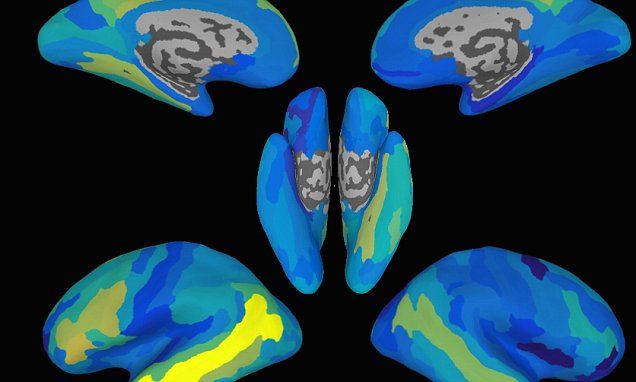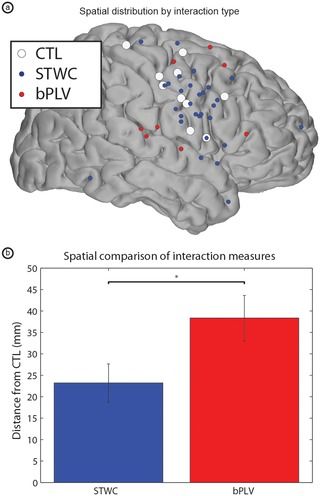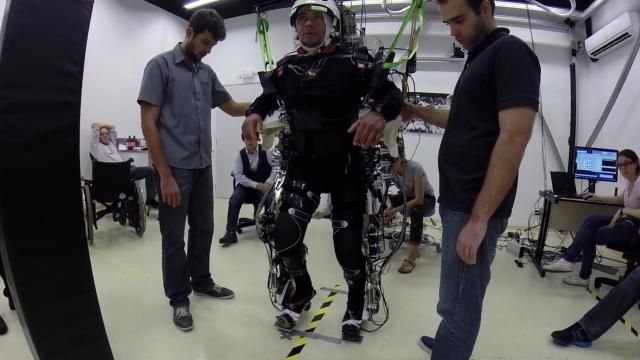Page 10932
Aug 19, 2016
No Man’s Sky: A Deist Simulated Universe
Posted by Shailesh Prasad in category: futurism
Aug 19, 2016
The Synthetic Biology Era Is Here—How We Can Make the Most of It
Posted by Karen Hurst in categories: bioengineering, biotech/medical, food
We are entering an era of directed design in which we will expand the limited notion that biology is only the ‘study of life and living things’ and see biology as the ultimate distributed, manufacturing platform (as Stanford bioengineer, Drew Endy, often says). This new mode of manufacturing will offer us unrivaled personalization and functionality.
New foods. New fuels. New materials. New drugs.
We’re already taking our first steps in this direction. Joule Unlimited has engineered bacteria to convert CO2 into fuels in a single-step, continuous process. Others are engineering yeast to produce artemisinin — a potent anti-malarial compound used by millions of people globally. Still other microbes are being reprogrammed to produce industrial ingredients, like those used in synthetic rubber.
Continue reading “The Synthetic Biology Era Is Here—How We Can Make the Most of It” »
Aug 19, 2016
Be the first to comment on “Synthetic Biology: We Will Grow Entire Cities Out Of Living Organisms”
Posted by Karen Hurst in categories: bioengineering, biotech/medical, education, environmental, robotics/AI, space travel

Hmmmm.
Technocrat scientists believe they can ‘code’ any kind of future they want, but what about what everyone else wants? These are the overlords of Technocracy who believe that we should just ‘trust them’ to build Utopia. ⁃ TN Editor.
Aug 19, 2016
Mind-reading computer can predict sentences before you say them
Posted by Karen Hurst in categories: computing, neuroscience, robotics/AI
When you never need to say a word because your AI reads your mind. Who knows; maybe we’ll end up with a new population of introverts and anti-socialists for researchers to study.
Scientists at the University of Rochester have developed a computer model that can predict sentences by looking for brain activity patterns that are associated with different words.
Aug 19, 2016
Cortico-Cortical Interactions during Acquisition and Use of a Neuroprosthetic Skill
Posted by Karen Hurst in categories: biotech/medical, computing, cyborgs, neuroscience
Interesting research paper on motor cortex-based brain-computer interface (BCI) research conducted by researchers from UW. Sharing with fellow partners and researchers trying to advance BMI as well as those researching and/ or re-creating brain/ neuro patterns in systems.
The neurons in the human brain are densely interlaced, sharing upwards of 100 trillion physical connections. It is widely theorized that this tremendous connectivity is one of the facets of our nervous system that enables human intelligence. In this study, over the course of a week, human subjects learned to use electrical activity recorded directly from the surface of their brain to control a computer cursor. This provided us an opportunity to investigate patterns of interactivity that occur in the brain during the development of a new skill. We demonstrated two fundamentally different forms of interactions, one spanning only neighboring populations of neurons and the other covering much longer distances across the brain. The short-distance interaction type was notably stronger during early phases of learning, lessening with time, whereas the other was not. These findings point to evidence of multiple different forms of task-relevant communication taking place between regions in the human brain, and serve as a building block in our efforts to better understand human intelligence.
Citation: Wander JD, Sarma D, Johnson LA, Fetz EE, Rao RPN, Ojemann JG, et al. (2016) Cortico-Cortical Interactions during Acquisition and Use of a Neuroprosthetic Skill. PLoS Comput Biol 12: e1004931. doi:10.1371/journal.pcbi.1004931
Aug 19, 2016
For the First Time Ever a New Way of Communication Enables “Talking” Between Body Implants and Smartphones
Posted by Karen Hurst in categories: bioengineering, biotech/medical, computing, internet, neuroscience
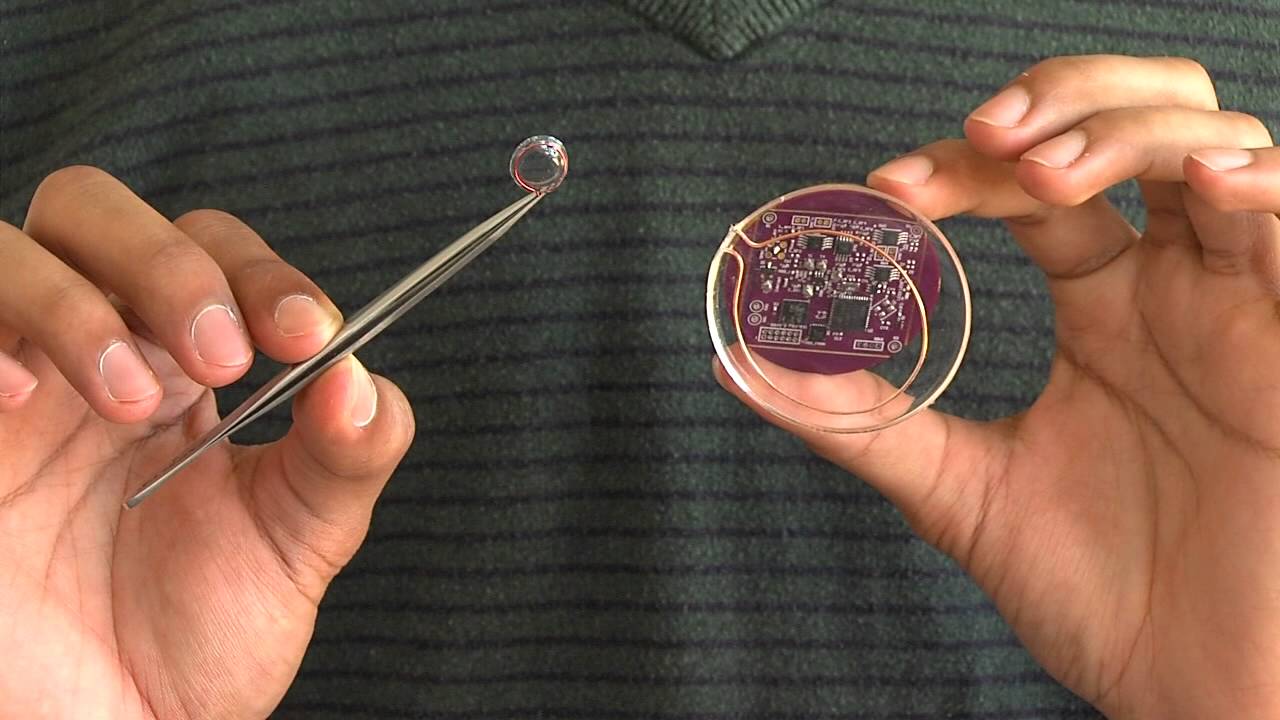
Luv this.
Smart devices implanted in the body have thus far not been able to communicate via Wi-Fi due to the power requirements of such communications. Surgery is required when the battery in a brain stimulator or a pacemaker needs to be replaced. Not only is this expensive, but any surgery has inherent risks and could lead to complications. It is therefore critically important that the battery life in implanted medical devices be preserved for as long as possible.
Aug 19, 2016
Training with VR allows paralyzed patients to learn to walk again
Posted by Karen Hurst in categories: biotech/medical, cyborgs, neuroscience, virtual reality
Another beautiful use for VR.
Brain-machine interfaces and exoskeletons, combined with VR technology triggers partial recovery in 8 patients.
Aug 19, 2016
Parallel Worlds Exist And Interact With Our World, Physicists Say
Posted by Karen Hurst in categories: cosmology, quantum physics
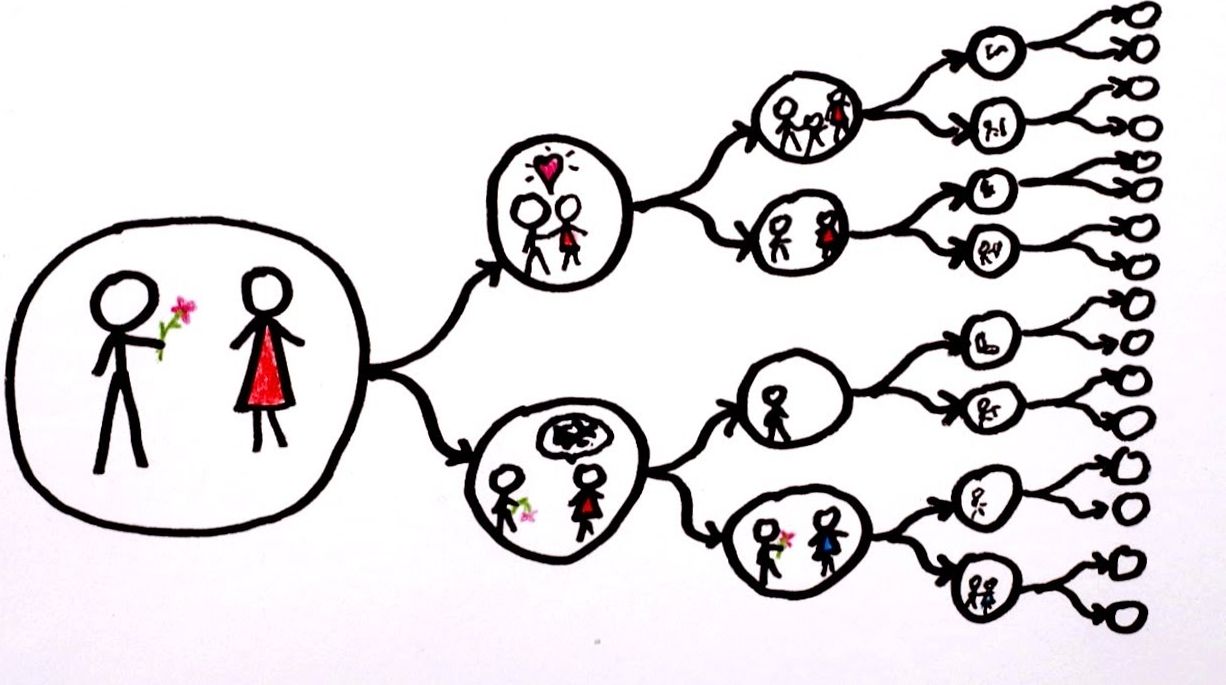
Quantum mechanics, though firmly tested, is so weird and anti-intuitive that famed physicist Richard Feynman once remarked, “I think I can safely say that nobody understands quantum mechanics.” Attempts to explain some of the bizarre consequences of quantum theory have led to some mind-bending ideas, such as the Copenhagen interpretation and the many-worlds interpretation.
Now there’s a new theory on the block, called the “many interacting worlds” hypothesis (MIW), and the idea is just as profound as it sounds. The theory suggests not only that parallel worlds exist, but that they interact with our world on the quantum level and are thus detectable. Though still speculative, the theory may help to finally explain some of the bizarre consequences inherent in quantum mechanics, reports RT.com.
Continue reading “Parallel Worlds Exist And Interact With Our World, Physicists Say” »
Aug 19, 2016
DARPA moves ahead with plan to put anti-missile lasers on drones
Posted by Karen Hurst in categories: drones, robotics/AI
I truly hope these never malfunction while flying in areas near civilian areas.
The agency adds to a contract with Northrop to develop a small system that can be mounted on manned and unmanned aircraft.



